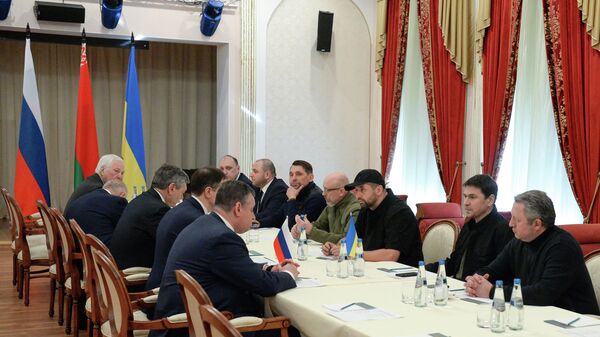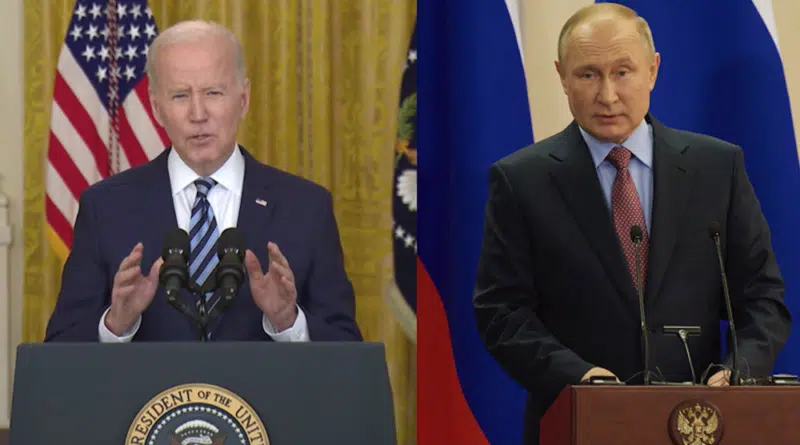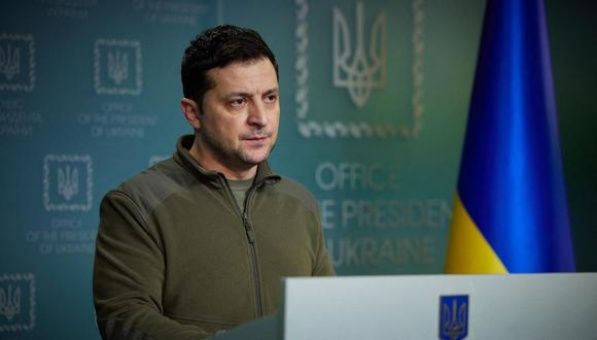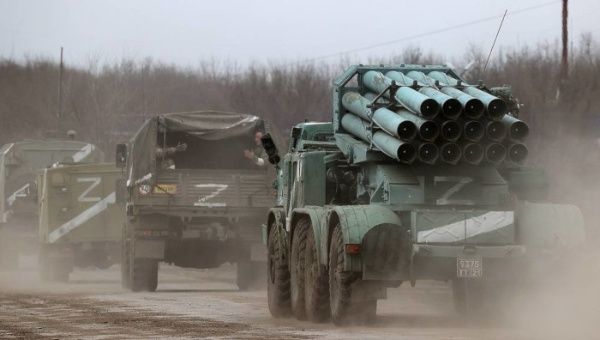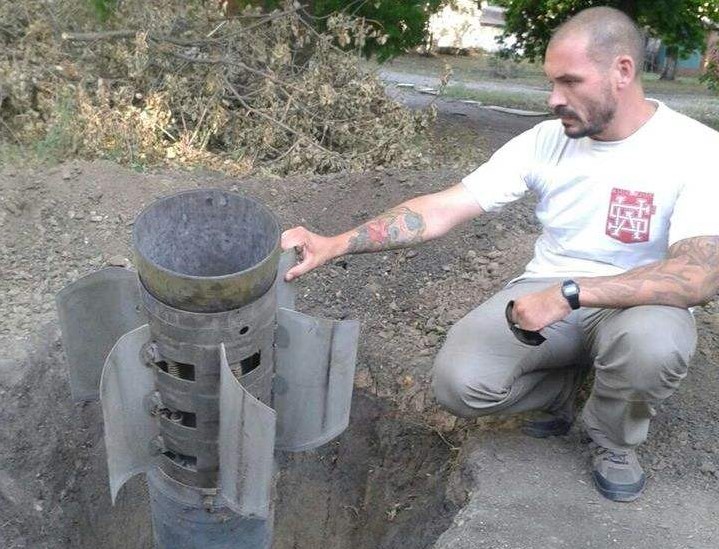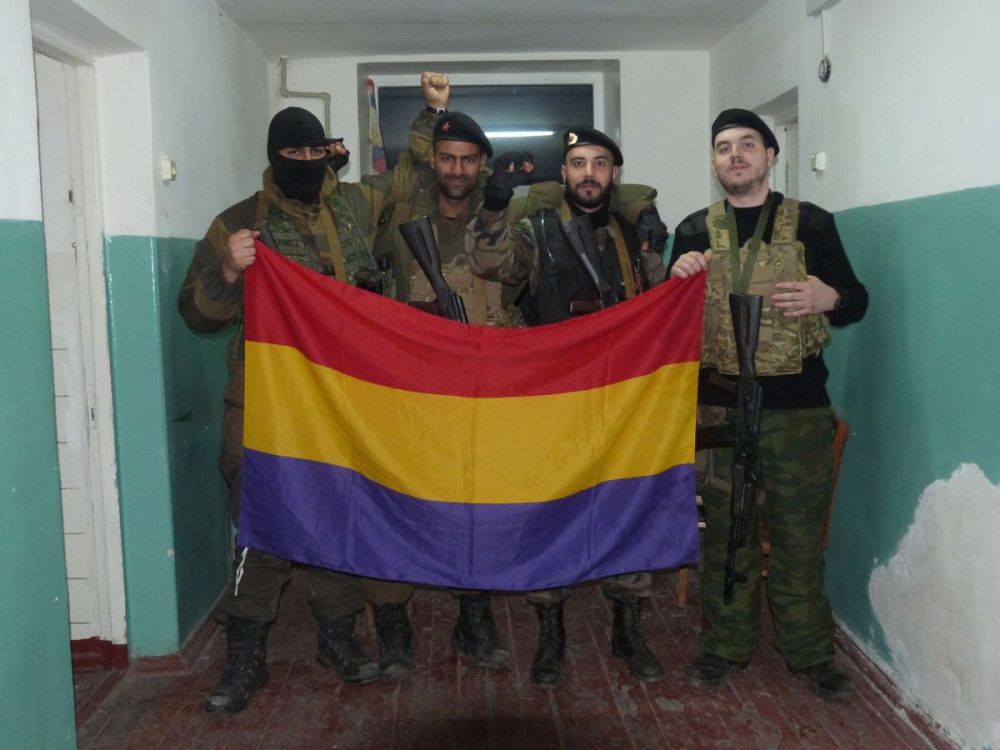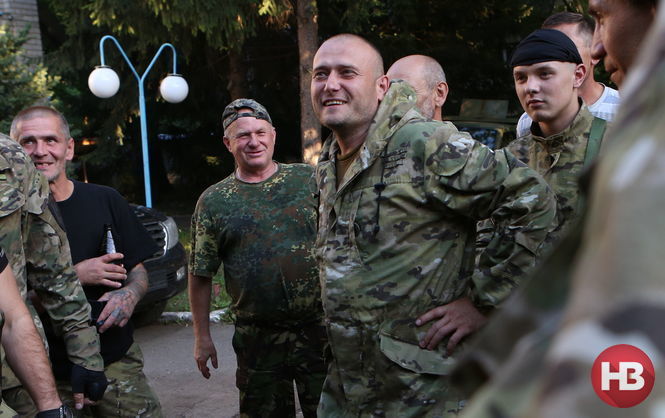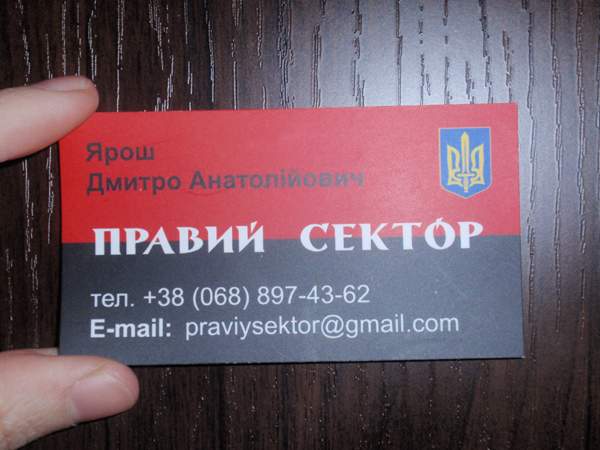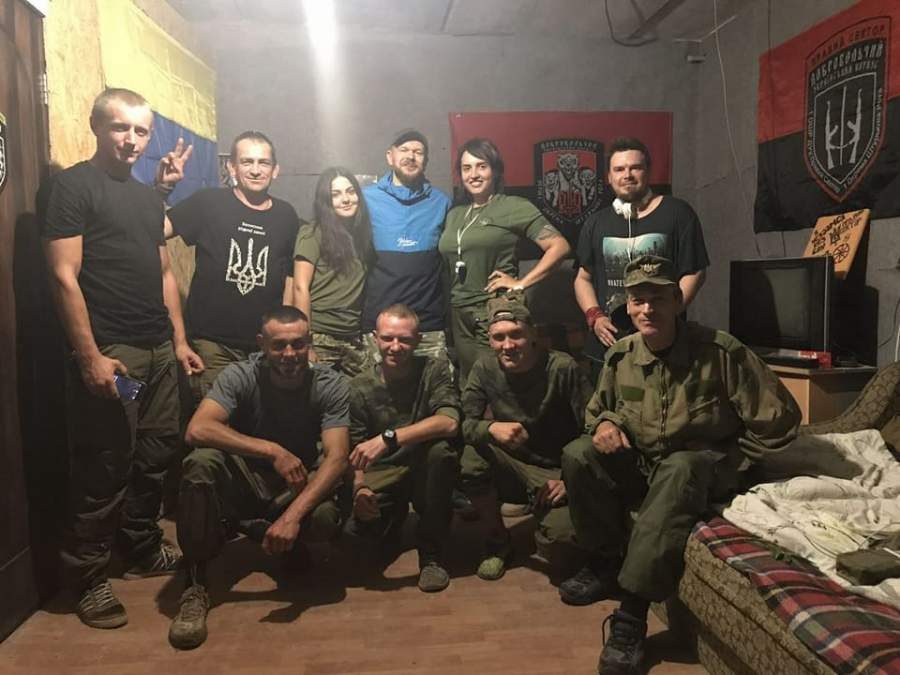
Refugees from Donbass placed in children's camps near Moscow | Photo: Moscow 24/Nikita Simonov
Published 26 February 2022 (10 hours 42 minutes ago)
Russian troops managed to break through to Kharkov, - the Russian delegation arrives in Belarus for negotiations with Ukraine - SWIFT preparing to move against some Russian banks - Gazprom continues to supply gas to Europe
6:00 EST:
Belarus to deploy nuclear weapons if Poland or Lithuania do it - Lukashenko:
Belarus will turn to Russia with a request to return nuclear weapons to it if the United States deploys them in Poland or Lithuania, President of Belarus Alexander Lukashenko announced on Sunday.
According to Lukashenko, he mentioned this possibility during the conversation with French President Emmanuel Macron. "If the United States, or France … transfer nuclear weapons to Poland, to Lithuania, to our borders, … I will appeal to [Russian President Vladimir] Putin to return the weapons that I once gave without any preconditions," Lukashenko said.
5:00 EST:
Gazprom continues supplying gas for transit to Europe via Ukraine as normal:
Gazprom continues supplying Russian gas for transit to Europe through Ukrainian territory as per normal, Spokesman Sergey Kupriyanov told reporters.
"Gazprom supplies Russian gas for transit to Europe through Ukrainian territory as per normal, in accordance with requests of European consumers - 107.5 mln cubic meters as of February 27," he said. As of Saturday, February 26, 108.1 mln cubic meters were requested.
Strong international coalition formed to support Ukraine - Zelensky:
A powerful international coalition has been established to support Ukraine, President Vladimir Zelensky said on Sunday.
"We are receiving weapons, medicines, food, money and fuel. A strong international coalition has been formed to support Ukraine," Zelensky said.
He said that Germany plans to deliver 1,000 anti-tank weapons and 500 Stinger anti-aircraft missiles to Ukraine, while Belgium promised to support the country’s armed forces with 5,000 machine-guns, 5 million cartridges and some 4,000 tons of fuel.
Zelensky also pledged to raise wages of the Ukrainian military.
Russian army blocks Ukraine’s Kherson and Berdyansk, says defense ministry:
Russian armed forces have blocked the cities of Kherson and Berdyansk, took control over Genichevsk and an airport near Kherson, Chief Spokesman for the Russian Defense Ministry Igor Konashenkov said at a briefing on Sunday.
"Over the past day, the cities of Kherson and Berdyansk were completely blocked by the Russian armed forces. The city of Genichevsk and the Kherson airport were also taken under control," the spokesman noted.
4:00 EST:
President Zelensky says he won't go to Belarus for negotiations: The Press Secretary of the President of Ukraine Sergei Nikiforov stressed that the representatives of Kiev will not go to Gomel for negotiations.
"Such a format was indeed discussed. But at the last moment, the Russian negotiators put forward a demand that the Ukrainian army must first lay down their arms..."
According to Nikiforov, Ukraine is ready for negotiations, but is not ready to listen to any preconditions. This also applies to the venue.
3:00 EST:
Russian armed forces eliminate over 900 Ukraine’s military facilities, says ministry:
"By now Russian Armed forces have eliminated 975 facilities of Ukrainian military infrastructure, among them 23 command points and communication centers of the Armed Forces of Ukraine, 3 radar stations, 31 air defense systems S-300, Buk-M1 and Osa, 48 radar locators. Eight combat planes and 7 helicopters, 11 unmanned aerial vehicles, two Tochka-U missile launchers have been shot down," Russian Defense Ministry Spokesman Major-General Igor Konashenkov told reporters on Sunday.
Moreover, 223 tanks and other armored combat vehicles, 28 jets (on land), 39 multiple-launch rocket systems, 86 field branch artillery weapons and mortar launchers, 143 special tactical vehicle units were eliminated, Konashenkov added.
2:30 EST:
Russian delegation arrives in Belarus for negotiations with Ukraine: The Russian delegation is in Belarus to begin negotiations with the Ukrainians, Kremlin spokesman Dmitry Peskov said on Sunday.
"As agreed, the Russian delegation, comprising representatives of the foreign ministry, the defence ministry and other institutions, including the presidential administration, arrived in Belarus for talks with the Ukrainians," Peskov told reporters.
Zelensky announces the creation of a foreign volunteer unit: Zelensky announced the formation of a new unit - the International Legion of Territorial Defense of Ukraine. It will be made up of foreigners who want to take part in repelling Russian troops.
Russia denounces new attack by Ukrainian nationalist Azov battalion on civilians:
Ukrainian nationalists from the Azov battalion shelled multiple residential areas in the southern Donetsk town of Mariupol with rocket launchers, killing civilians, the Russian Defence Ministry said.
"Ukrainian nationalists of the Azov battalion attacked with multiple rocket launchers the populated areas of the locality of Sartana, on the outskirts of Mariupol, and the school No. of Mariupol. The shelling left houses destroyed and civilians were killed," said the institution's spokesman, Igor Konashenkov.
The shelling, which took place on Saturday 26, began at 16.00 local time and lasted about 20 minutes.
1:15 EST:
Russian troops have entered Kharkov: Russian troops managed to break through to Kharkov,
This was announced via Telegram by the head of the Regional State Administration Oleg Sinegubov.
"There was a breakthrough of light equipment of the Russian enemy in Kharkiv. Including the central part of the city. Attention! Do not leave the places of shelter! The Armed Forces of Ukraine are liquidating the enemy. We ask the civilian population not to take to the streets of the city," he wrote.
"Please, stay at home. The situation in the city is very tense," Mayor Igor Terekhov said.
(more and more...)
https://www.telesurenglish.net/news/LIV ... -0011.html
*****************************
Russia Blames Ukraine for Missile That Hit Building in Kiev

Apartment building damaged after being hit by a missile, Kiev, Ukraine. Feb. 26, 2022. | Photo: RT
Published 26 February 2022
While media and social media reports attributed the attack to the Russian military, after assessing the damage to the infrastructure, it was found that it was hit by a Ukrainian projectile, when Ukraine was trying to repel a night attack.
A Ukrainian anti-aircraft missile hit a residential building in Kiev, according to reports on the ground in the Ukrainian capital, after media and social media reports claimed that a Russian missile hit the building.
After assessing the damage to the infrastructure, it was found that it was hit by a Ukrainian projectile, when Ukraine was trying to repel a night attack.
The Ukrainian anti-aircraft missile malfunction was due to a lack of maintenance of the military equipment, which has been in service since Soviet times, according to RIA Novosti, citing a source in the Russian Defence Ministry.
"While repelling a night-time missile attack on the Ukrainian AFU's military infrastructure, the guidance system of the Ukrainian Buk-M1 medium-range surface-to-air missile failed and hit the corner of a residential building," a Russian defence ministry source said.
In a comment to the Sputnik news agency, the Russian defence ministry source stated that the information spread about an alleged Russian attack on Lobanovsky Avenue in the Ukrainian capital is untrue.
The Russian Defence Ministry has repeatedly reiterated that it targets only the military infrastructure of the Ukrainian Armed Forces and does not carry out attacks on residential areas.
The missile caused damage between the 17th and 21st floors, the ministry said. Shortly afterwards, it said six people were injured, adding that a total of 80 residents were evacuated from the building.
https://www.telesurenglish.net/news/Rus ... -0005.html
*********************************
Russia destroys 975 facilities in operation in Ukraine
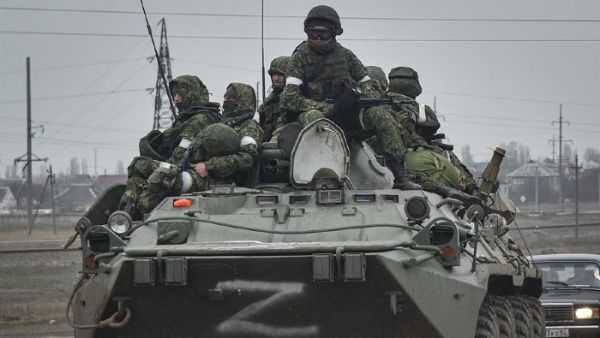
The Russian Armed Forces destroyed 223 tanks and other Ukrainian armored fighting vehicles. | Photo: EFE
Published February 27, 2022 (3 hours 48 minutes ago)
The Russian Armed Forces blockaded the cities of Kherson and Berdiansken during this day of operations.
The Russian Defense Ministry recorded this Sunday the destruction by its forces of 975 facilities of Ukraine's military infrastructure, including 23 control and communication centers, three radar posts, 31 S-300 missile launch systems , Buk M-1 and Osa, and 48 radars.
In turn, 223 tanks and other armored combat vehicles were destroyed, 28 aircraft that were on the ground, 39 multiple rocket launch systems, 143 units of special military automobile technique and 86 field artillery weapons and mortars, according to reports. Ministry spokesman Igor Konashenkov.
Likewise, he specified that eight combat aircraft, seven helicopters, 11 drones and two Tochka-U tactical missiles were shot down.
The Defense entity pointed out that the Ukrainian nationalists attacked this Saturday with multiple Grand rocket launch systems populated neighborhoods on the outskirts of Mariupol and a school in the city, leaving civilians dead and damage to residential buildings.
Konashenkov stressed that the Russian forces warned about the preparation of these acts by the Ukrainian nationalists. He also expressed that many Ukrainian military offered their surrender.
The official commented that the Russian Armed Forces blockaded the cities of Kherson and Berdyansk, while seizing the city of Genichesk and the Chernobaervka airfield in the Kherson region.
Ukrainian Defense Legion
For his part, the Ukrainian president, Volódimir Zelenski, informed this Sunday of the creation of the "International Legion of Territorial Defense of Ukraine", a new unit made up of foreign volunteers.
"All foreigners who wish to join the resistance against the Russian occupiers and protect world security are invited by the Ukrainian leadership to come to our state and join the ranks of the Territorial Defense Forces," Zelensky said in a statement.
(more....)
https://www.telesurtv.net/news/rusia-de ... -0006.html
Google Translator
******************************************
Russian and Ukrainian delegations will meet in eastern Belarus
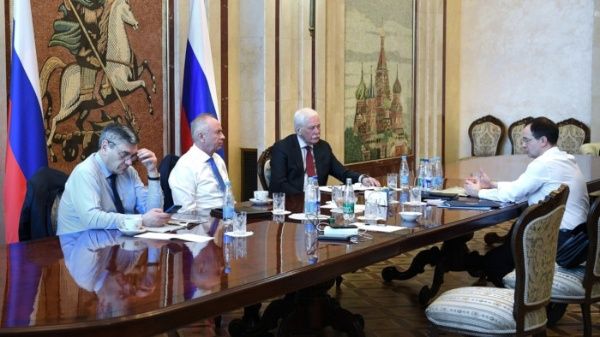
The head of the Russian delegation said that the Kremlin is ready to negotiate peace at any time of the day. | Photo: Sputnik
Published February 27, 2022 (58 minutes ago)
The leader of the Russian delegation, Vladimir Medinsky, stated that the Ukrainian side agreed to arrive in Belarus on Sunday.
A delegation of the Government of Ukraine is going to negotiate with the Russian side in Gomel province, in southeastern Belarus, the Belarusian National Press Center reported on Sunday.
Senator Yuri Voskresensky noted that after a series of telephone conversations between Ukrainian President Vladimir Zelensky and his Belarusian colleague Alexander Lukashenko, the Kiev side was able to talk.
The leader of the Russian delegation, Vladimir Medinski, has stated that the Ukrainian side has agreed to arrive in Belarus on Sunday for negotiations between the two countries.
Medinski has indicated that the meeting will be held in Gomel province and the most suitable place is being chosen, "where maximum security will be guaranteed for the Ukrainian side."
"Now the route is being worked out and the most optimal point on the territory of the Gomel region is being selected, where maximum security will be guaranteed for the Ukrainian side. For our part, we guarantee 100% security of the route, the passage and we will wait in this place for a delegation of the Ukrainian administration,” Medinski said.
"I have spoken with Alexander Lukashenko," Zelensky wrote on Facebook without giving further details, while Russia insists on holding a dialogue in this country.
Voskresensky, close to the ongoing negotiations, indicated that the Ukrainian delegation left for Gomel before 3:00 p.m. Its composition will be announced later.
Russia's special military operation in Ukraine has been ongoing since February 24.
On Friday, the movement of troops was suspended in anticipation of possible negotiations with Kiev, but due to the refusal of the Ukrainian side to participate in them, military actions were resumed.
https://www.telesurtv.net/news/rusia-uc ... -0010.html
Google Translator
**********************************
The Russian Way of War
February 26, 2022
What I am about to say should be self-evident to anyone following closely the move of Russian forces into Ukraine and having a recollection of what the same Russian general command did in Crimea and then did again in their Syrian campaign. Regrettably, Western audiences do not find these observations on CNN, the BBC, The Financial Times and The New York Times, not to mention on the still less reputable television channels and print media that provide 99% of the (mis)information which the public receives daily on the Ukrainian conflict and on much else. Their producers and editorial boards, their journalist staff all are looking at one another or just contemplating their belly buttons. They have for some years now been living in a virtual world and paying little heed to the real world. I can only be surprised that an astute observer of commercial opportunities like Zuckerberg took so long to launch Meta.
I have three points to make today about how the Russians are conducting their military campaign in Ukraine.
The first point is a generalization from the remarks I made yesterday about their humane treatment of the enemy’s servicemen. This approach to the military tasks results from awareness that the military is a handmaiden to diplomacy and to politics, not vice versa, as has been the case in each of the major wars that the United States fought and ultimately lost in the past thirty years. That is why the Russians are not practicing “shock and awe,” which is the American way of war.
The second point closely abuts the first. The ascent of Russia’s military capability in the past decade was defined not by their celebrated cutting edge hypersonic missile technology or the deep sea nuclear drone Poseidon.. After all, in the final analysis once parity is established in means of nuclear deterrence, the weapons become useless in the garden variety conflicts that we see everywhere and in every age. Ultimately what counts to project power at the regional level, which is where Russia positions itself, is conventional weapons which can be and are used in attempts to resolve intractable conflicts by force of arms. This is precisely where the Russians amazingly caught up with the United States, bypassing, incidentally, all of the weapons industry of Western Europe in quality and quantity.
So the Russians have their ‘toys for the boys,’ which they designed, manufactured and implemented in their ground, air and sea forces. They did all this at bargain basement prices. But they use them sparingly and demonstratively rather than as blunt instruments of mass destruction. This is a cardinal difference from the American way of war.
The third point is that there is continuity in Russian military behavior which makes it predictable. In the takeover of Crimea, the game-changer favoring the Russian PsyOps was their ability to disrupt entirely the military communications of the Ukrainian enemy, so that field units lost touch with their commanders and were exposed on the spot to calls for surrender and desertion, to which the vast demoralized and confused majority acceded at once. There is evidence that the same technique is being practiced today by Russia in Ukraine
Yesterday anyone watching Euronews on one screen and Russian state television on another would have been perplexed by the totally contradictory coverage of both with respect to the fate of the armed detachment of Ukrainian border guards on one island in the southeast of Ukraine. Euronews carried the address of President Zelensky awarding posthumous designation as Heroes of Ukraine to the entire detachment, which reportedly resisted the attacking Russian forces and were slaughtered. Meanwhile Russian news showed those same border guards seated at tables and signing sworn statements that they voluntarily lay down their arms and awaited repatriation to their homes and families.
Was Zelensky engaging in brazen propaganda? No, he was simply misinformed because the detachment had been wholly cut off from its superior officers in Kiev and they feared for the worst. This is what the Russians practiced so successfully in their Crimean campaign in 2014.
Finally, I wish to share one more defining pattern of Russian military behavior today that carries over from their operations in their Syrian campaign to destroy the US-backed terrorist groups in that country. In Syria, the Russian army established special units to sort out in field conditions the bad terrorists from the very bad terrorists. The former were allowed to lay down their arms and go home to their families. The latter were fought to the death and “neutralized.”
This slow, painstaking effort to distinguish enemies who can be brought back into civil society from those who cannot is unique to the Russian way of war today, and it deserves much more attention than it receives in our media. It is surely enabled by advanced psychological training of officers in charge. And it is an entirely different mindset from the “counterinsurgency” techniques that David Petraeus popularized and rode to fame and advancement in the Iraq War.
©Gilbert Doctorow, 2022
https://gilbertdoctorow.com/2022/02/26/ ... ay-of-war/
********************************
Russia’s Invasion of Ukraine in Perspective
Copyright © 2022 Energy Intelligence Group
Published:
Fri, Feb 25, 2022
Author
Scott Ritter, Washington
Editor
Sarah Miller
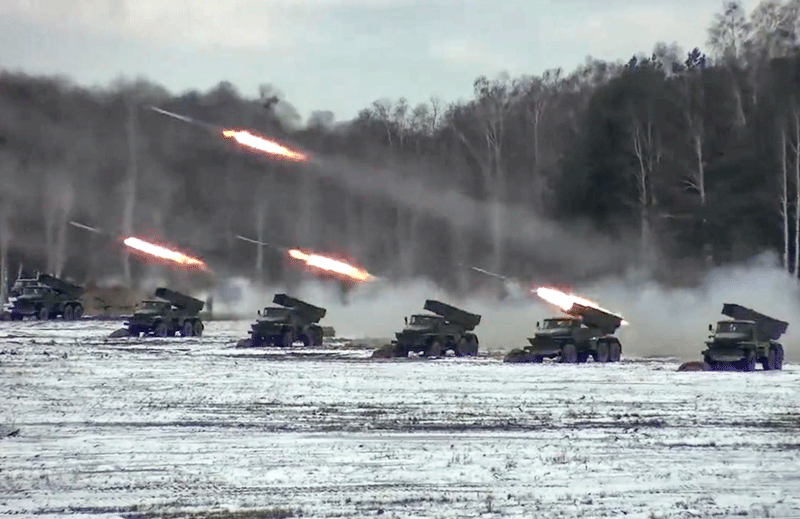
After decades of ignoring Russia’s national security concerns, the West is confronted with a military invasion of Ukraine which serves as a precursor for a new Cold War that will define Russia’s relationship with the West for years to come.
Let there be no mistake, on Feb. 24, the world awoke to a new reality. Prior to this date, Russia was treated by the West as an annoyance, belittled by economic and even military elites as little more than a “giant gas station masquerading as a nation,” to quote John McCain, the now-deceased senator from Arizona.
Russian President Vladimir Putin had been subjected to a series of sophomoric psychological profiles that trivialized Russian national concerns as little more than the psychotic whim of a troubled individual. The caricatures that emerged of the Russian state and its leadership colored the analysis of Russia’s oft-stated concerns over what it viewed as its legitimate national security.
This blinded the West to the reality of what was transpiring. Because no one took Russia seriously, no one could imagine a large-scale ground war in Europe. So everyone was taken by surprise when such a conflict broke out.
How We Got Here
Ever since Nato had opened the door to membership for Ukraine and Georgia during the 2008 Bucharest summit, Russia has been making its vehement opposition known.
William Burns, the former US Ambassador to Russia and now director of the CIA, captured the Russian sentiment in a February 2009 memorandum: “Nyet means nyet: Russia’s Nato enlargement red lines.” Russia, Burns noted, viewed “farther eastward expansion as a potential military threat,” giving rise to Russian fears that “the issue could potentially split the country [Ukraine] in two, leading to violence or even, some claim, civil war, which would force Russia to decide whether to intervene.”
One need only to look at what has transpired in Donetsk and Luhansk, and Russia’s current military operation in Ukraine, to understand how prescient Burns’ cable was.
Burns, however, was ignored. So, too, was Putin, who had been lecturing the West ever since his landmark speech at the 2007 Munich Security Conference, where he famously called out the US for having “overstepped its national borders in every way.” Putin declared, “This is visible in the economic, political, cultural and educational policies it imposes on other nations. Well, who likes this? Who is happy about this?” He was greeted by silence.
“I am convinced,” Putin told the assembled leadership of the Western world, “that we have reached that decisive moment when we must seriously think about the architecture of global security. And we must proceed by searching for a reasonable balance between the interests of all participants in the international dialogue.”
At Munich, the Russian president warned that Western polices “stimulate an arms race.” He repeatedly warned the US and Nato that President George W. Bush’s precipitous decision to withdraw from the 1972 Anti-Ballistic Missile treaty and then to deploy anti-missile defense systems in two Nato countries, Poland and Romania, posed a direct threat to Russian national security.
In 2018, Putin unveiled new types of Russian strategic nuclear weapons designed to defeat US missile defenses. “No one has listened to us,” Putin declared at the time. “You listen to us now.”
Putin’s 2018 nuclear announcement should have alerted the West to a critical aspect of the Russian president’s personality. “You will have to assess that new reality and become convinced that what I said today isn’t a bluff … trust me,” Putin said at the time.
Nyet means nyet. It was a simple message laid out in uncomplicated terms. Russia was not bluffing. Yet the US and Nato brushed off the Russian concerns, operating under the premise that their principle of an “open-door” policy regarding Nato membership somehow trumped Russian concerns about its national security.
Perception management overtook reality, as Nato tried to sell Russia on the notion that it had nothing to fear, since Nato was ostensibly a defensive alliance. The US and Nato shrugged off Russia’s narrative, which cited Nato’s bombing of Belgrade in 1999, deployment to Afghanistan in 2001, and intervention in Libya in 2011 as prima facie evidence that post-Cold War Nato had morphed into an offensively oriented military alliance whose presence on Russia’s borders constituted an existential threat.
Nato membership remained on the table for Ukraine and Georgia. Moreover, Nato began arming and training the militaries of these former Soviet republics, integrating them into formal Nato exercises that transformed the Ukrainian and Georgian militaries into de facto Nato proxies. Indeed, Ukrainian and Georgian troops deployed to Iraq and Afghanistan were under the Nato flag.
Russian sensitivities were heightened following the Maidan Revolution of 2014, which saw a pro-Russian president replaced by a decidedly pro-Western Ukrainian government that made Nato membership a legal mandate.
As Burns had predicted, Ukraine’s push for Nato membership pushed Russia into a corner, prompting a demand by Russia, submitted to the US and Nato in December 2021, calling for written security guarantees that Ukraine would never join Nato. This Russian demand was ignored. Russia warned that failure to provide the demanded security guarantees would result in “military-technical” responses — a euphemism for war, which Russia implemented in full on Feb. 24.
Where We Are Going
The major takeaway from this unfolding situation should be that Russia’s president does not bluff, and that the West would do well to listen closely to what he has to say. As Russian troops poured across the Ukrainian border, Western diplomats and pundits proclaimed shock and dismay. But Russia had been clear about what it wanted, and what the consequences of failing to get that would be. This war was predictable, if only the West had listened.
The fighting rages in Ukraine. How this war will end is uncertain. The old military adage that no plan survives initial contact with the enemy applies in full. What is known is that the US and Europe are imposing a second tranche of hard-hitting sanctions designed to punish Russia.
It is important to point out that anyone who believed this second round of sanctions would compel a change in Russian behavior will be disappointed. Russia’s course of action has incorporated the full range of sanctions planned by the West — not a difficult task, since there had been wide speculation about their scope since sanctions were first threatened in spring 2021.
The problem isn’t the sanctions, but what follows. These sanctions exhaust the options the US, Nato and the EU have for responding to Russia’s invasion of Ukraine. They have no follow-on plan. Russia, on the other hand, has such a plan. It has been very clear about what the future holds. Again, however, the West has not been listening.
Russia will not take this second tranche of sanctions laying down. Putin has made clear that Russia will respond in kind, using symmetrical (i.e., countersanctions) and asymmetrical (i.e., cyberattacks) actions designed to disrupt the economies of targeted nations and entities. Russia has made no secret that this is its intended course of action, but as with its “military-technical” solution for Ukraine, the West shrugged off the Russian threat. Russia, however, does not bluff.
Russia has also made clear that its security guarantees go beyond preventing Ukraine from joining Nato and include the return of Nato’s military infrastructure to pre-1997 levels. In short, all Nato forces deployed into Eastern Europe must be returned to their home bases, and the two missile defense sites in Poland and Romania dismantled.
This is the demand that will drive future Russian relations with the West. Rather than acceding to Russia’s demands, Nato has been doubling down on the reinforcement of its eastern flank, dispatching additional forces to Poland, Romania and the Baltics.
In response, Russia will create an analogous situation to what transpired in Belarus, namely the forward deployment of powerful Russian military formations in what will be, for all practical purposes, a militarized buffer zone separating Nato from Russia proper, with the exception of the Russian enclave of Kaliningrad.
The resulting standoff will closely resemble the Cold War, where Nato and Soviet-led Warsaw Pact forces faced off across the frontier separating East and West Germany. This is the new reality that the world woke up to on Feb. 24 — a Cold War that the West neither wanted, predicted nor is prepared to undertake.
https://www.energyintel.com/0000017f-30 ... fdfee40000
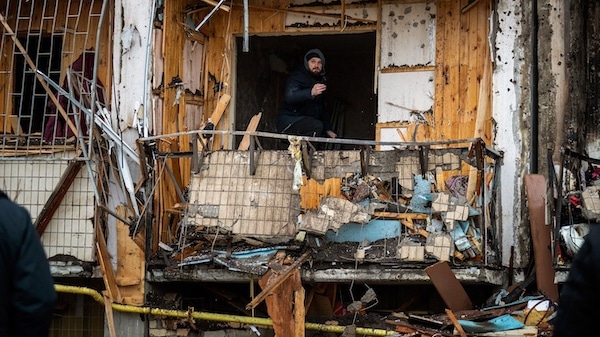



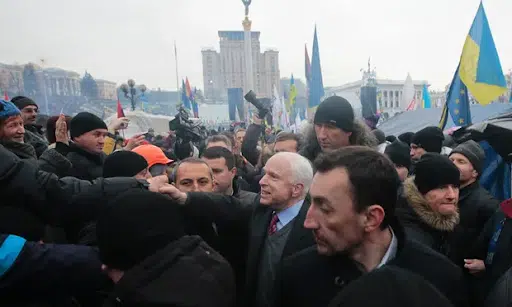
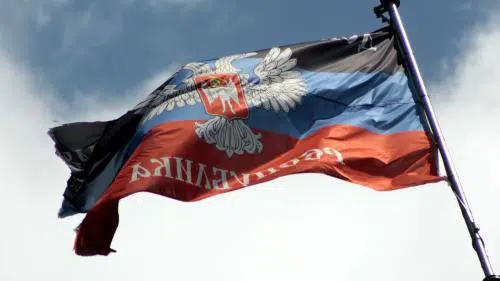









 b]
b]

